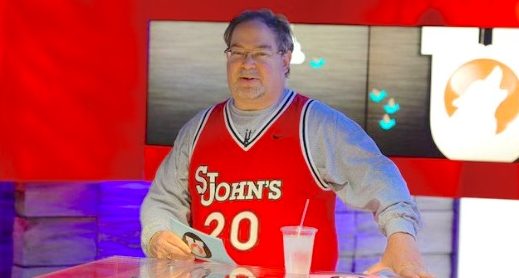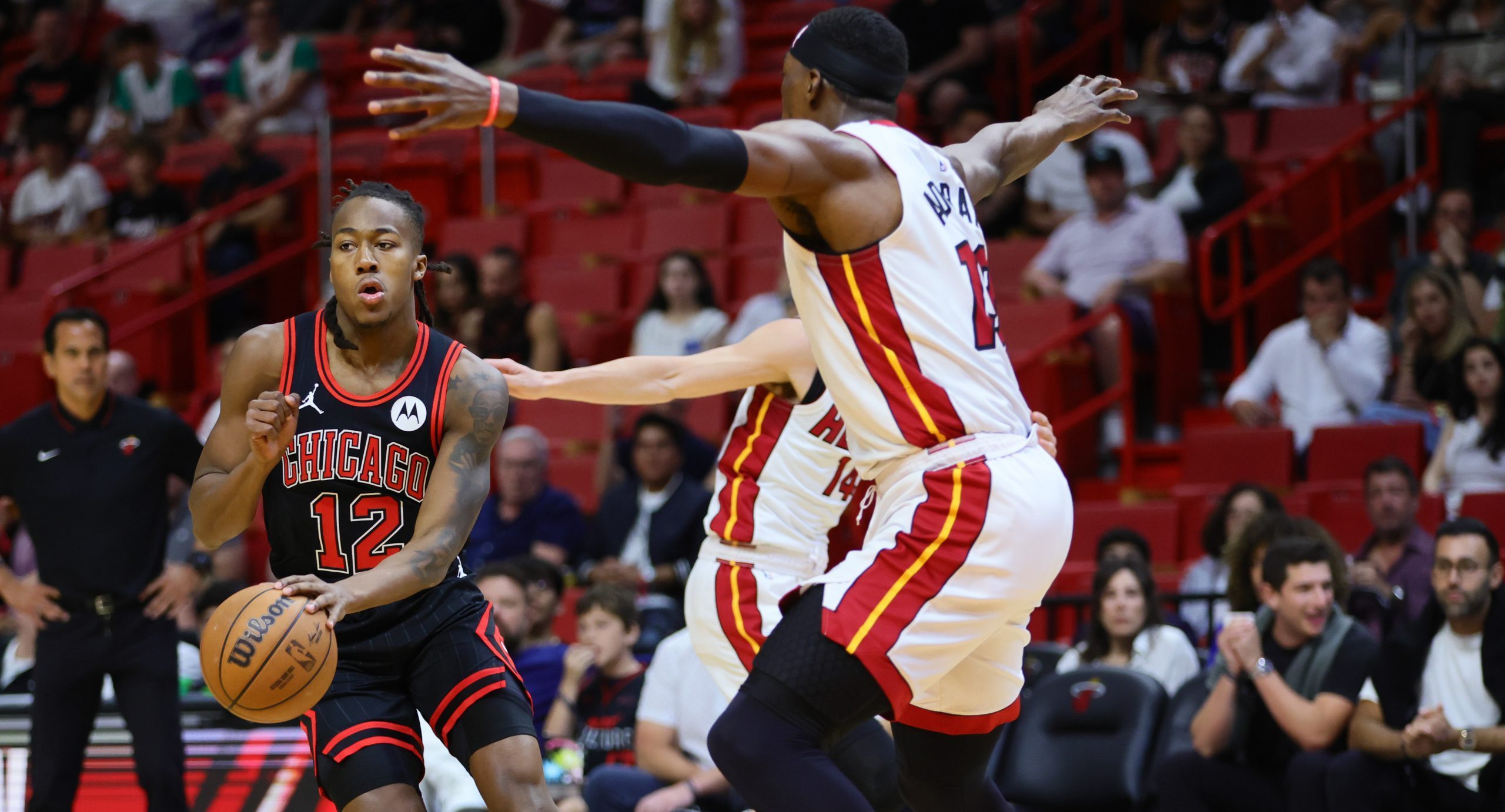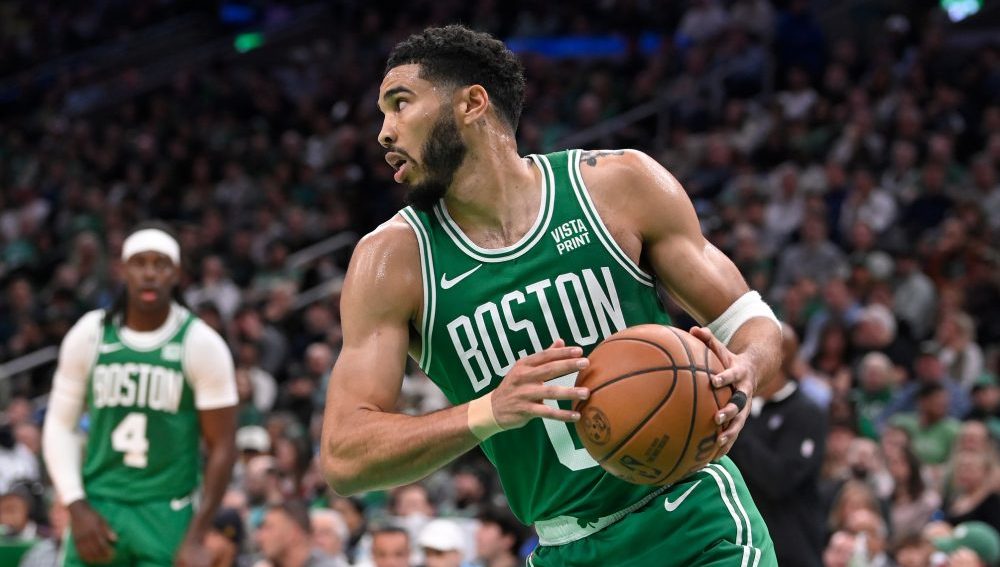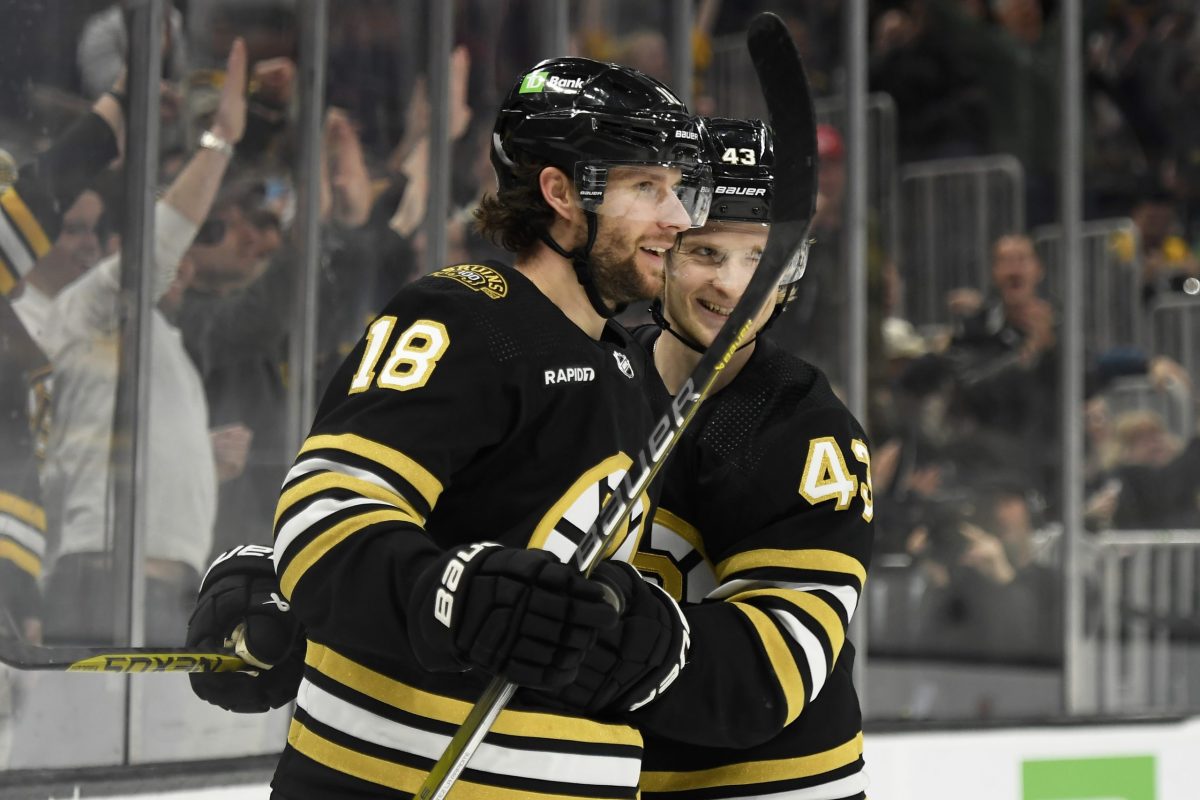In mid-March, ESPN published the final column of Jim Brady’s tenure as public editor, in which Brady ruminated on the state of the network’s journalism, its relationship to politics, its ratings, its rights fees, its love of LaVar Ball and more. As it turns out, that was not only Brady’s final dispatch as public editor but also the final piece ever from an ESPN public editor/ombudsman.
On Wednesday, Undefeated editor-in-chief and ESPN Editorial Board chair Kevin Merida announced that ESPN will discontinue its public editor role, claiming it has “outlived its usefulness, largely because of the rise of real-time feedback of all kinds.”
Here is Merida’s full statement on the public-editor position:
After careful consideration, it was recommended by ESPN’s Editorial Board to discontinue the position of Public Editor (originally begun as an Ombudsman).
In recent years, both the Washington Post and the New York Times eliminated their Ombudsman role in recognition that the position had outlived its usefulness, largely because of the rise of real-time feedback of all kinds.
While ESPN has valued the input and dedication shown by everyone who held the position, we too have seen how access to the Internet and its social platforms has created a horde of watchdogs who communicate directly with us to share observations and questions. Beyond our users, our multi-faceted newsgathering operation is made up of a diverse collection of seasoned journalists who engage in spirited discussion and respectful disagreement to land in the best possible place. No one holds our journalists to higher standards than we do.
Our Editorial Board meets regularly and discusses current journalistic issues and best practices. ESPN’s commitment to quality, impact journalism is as strong as ever and we welcome the continued scrutiny our fans and critics offer and we vow to continue the dialogue.
ESPN began its ombudsman position in 2005, hiring George Solomon for the role. Solomon was followed by Le Anne Schreiber, Don Ohlmeyer, The Poynter Institute and Robert Lipsyte, before Brady took over the renamed public-editor position in 2015. Some of those ombudsmen were better than others, but all seemed to question how much ESPN actually responded to their suggestions and criticisms.
It seems likely that ESPN’s decision not to hire a new public editor owes in part to how things went for the last one. Brady had an unusually explosive tenure, taking criticism over a column about Grantland in 2016 and then attracting a swarm of backlash on Twitter for his take on Jemele Hill’s anti-Trump tweets last summer. He faced further controversy when the company he runs, Spirited Media, ended its relationship with a freelancer who had been critical of him in his public-editor role (in a way that Brady found to be “nasty” and overly personal).
As Merida points out, ESPN is not alone in moving away from this kind of position, as both the New York Times and Washington Post have made similar decisions in recent years.
Merida and company might be right that the public editor position has outlived its usefulness (to the extent it ever truly had usefulness). But to take a step away from accountability at a time when the network is under a more intense microscope than ever seems like quite an audacious move. While there is certainly more real-time feedback now than ever, particularly on social media, that real-time feedback largely comes from people outside the industry, who lack access to network executives and who don’t always understand the complexities of decisions facing ESPN.
ESPN’s ombudsman/public editor role never really fulfilled its potential, but it will be missed nonetheless.







